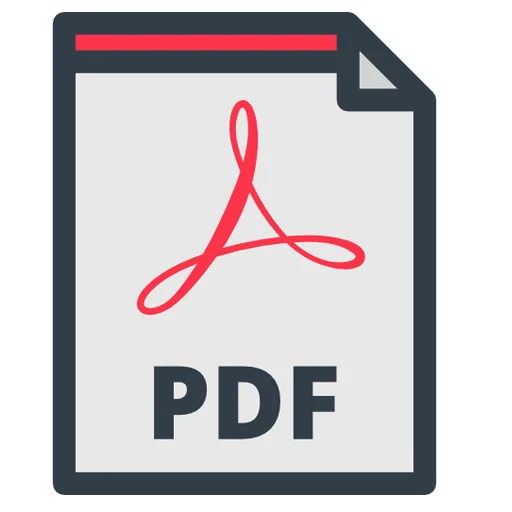

This paper examines the enforcement of judgments and arbitral awards against sovereign states within the DIFC, emphasising the complexities posed by sovereign immunity. As cross-border enforcement actions become more prevalent, there is a need to address sovereign immunity, particularly in the context of sovereign debt recovery and disputes involving sanctioned states. Globally sanctioned sovereigns such as Libya, Sudan and Russia or their state-owned/controlled enterprises or persons, are known to have assets in the UAE. The DIFC Courts’ jurisdiction to enforce judgments and awards along with the presence of assets in the UAE makes the DIFC a potential jurisdiction to bring action against such sanctioned sovereigns. The paper analyses relevant cases to highlight the DIFC’s approach to sovereign immunity. Additionally, it addresses challenges related to asset recovery, particularly with assets held indirectly. Through an exploration of the legal framework, case law, and practical considerations, this paper provides a framework for understanding enforcement options within the DIFC, offering insights for creditors navigating the complex interplay of sovereign immunity and enforcement rights.
This paper is the last of a seven-part series on DIFC litigation and global enforcement & recovery, in the run up to the Dubai Arbitration Week 2024. To find out more, please register for the panel discussion on the litigation framework in the DIFC and its implications for global enforcement and recovery strategies on 11 November 2024, the opening day of the Dubai Arbitration Week 2024.